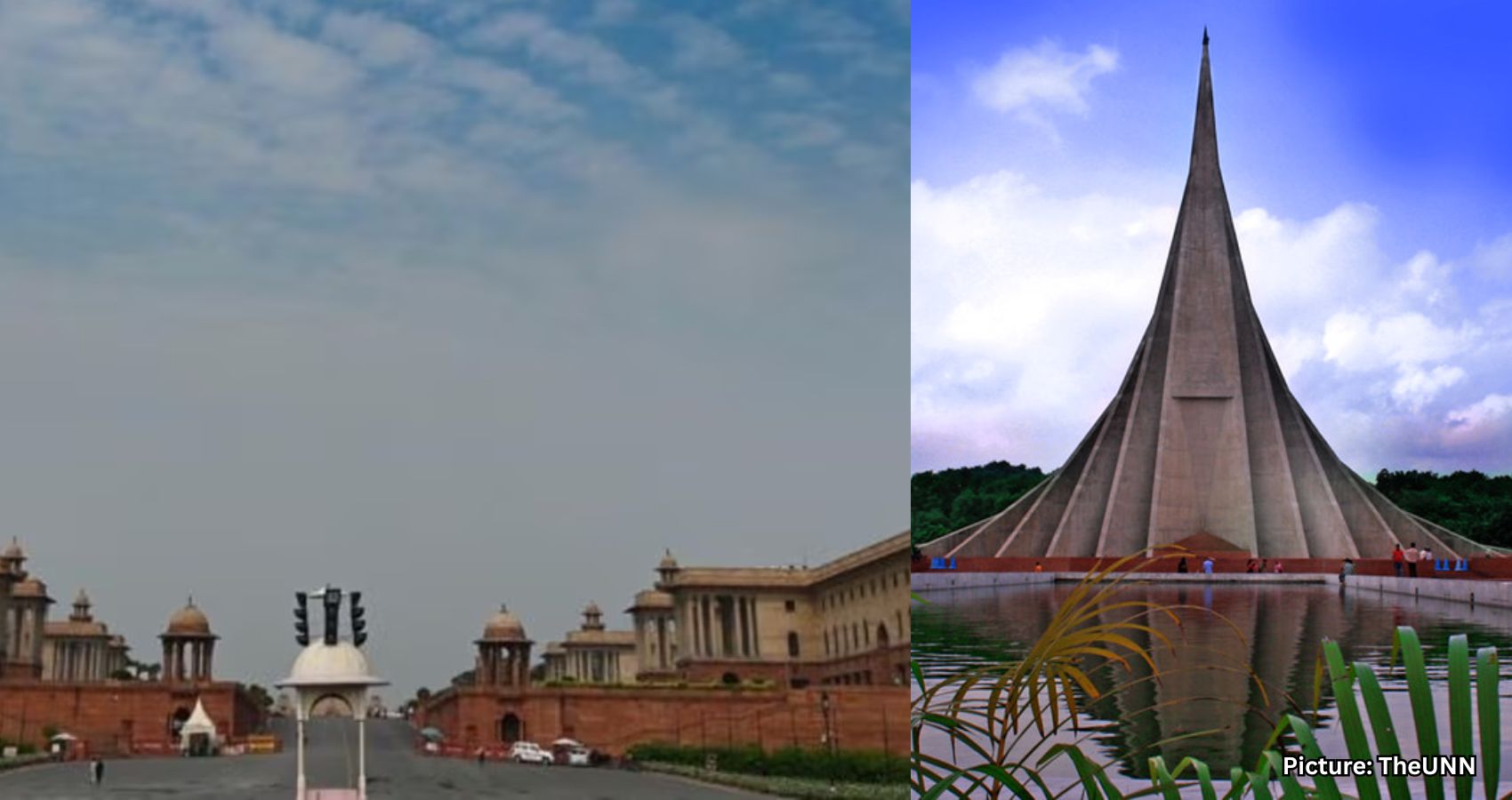An Intelligence Bureau alert has uncovered a foiled plot to attack the Indian High Commission in Dhaka, involving Al Qaeda and Jamaatul Ansar fil Hindal Sharqia.
NEW DELHI – A recent alert from the Intelligence Bureau has revealed that a significant attack was being planned against the Indian High Commission in Dhaka. The intelligence indicates that the plot involved the terrorist groups Al Qaeda in the Indian Subcontinent and Jamaatul Ansar fil Hindal Sharqia.
The proposed plan reportedly included a siege of the Indian High Commission, with the intention of taking diplomats hostage. The attackers aimed to leverage this situation to demand the extradition of Sheikh Hasina, who has been granted refuge in India following the collapse of her government.
Sheikh Hasina’s extradition has become a contentious issue in Bangladesh-India relations, with the Bangladeshi government actively seeking her return. Security officials suspect that the terror groups involved may have received external support, potentially from Pakistan’s Inter-Services Intelligence (ISI). This suspicion is bolstered by previous incidents where ISI-linked networks have smuggled arms and ammunition into Bangladesh since 2023.
Officials also referenced the 2014 Burdwan case in West Bengal, where explosives were being prepared for transport to Bangladesh, highlighting the ongoing security concerns in the region.
According to Indian security agencies, recent developments indicate that training camps have been established in Bangladesh, where operatives from groups such as Jaish-e-Mohammed are reportedly providing training to local militants.
The plan to target the Indian mission in Dhaka and demand Sheikh Hasina’s extradition aligns with the agenda of groups like Jamaat-e-Islami, which has been a vocal opponent of her government.
As Bangladesh approaches its elections, tentatively scheduled for February next year, the political landscape remains fraught with tension. Sheikh Hasina’s Awami League has been barred from contesting, while the Bangladesh Nationalist Party (BNP) is currently positioned as the frontrunner. Security assessments suggest that Jamaat and other similar groups continue to wield significant influence in the political arena.
These developments underscore the complex interplay of politics and security in the region, as both India and Bangladesh navigate the implications of these threats.
Source: Original article

